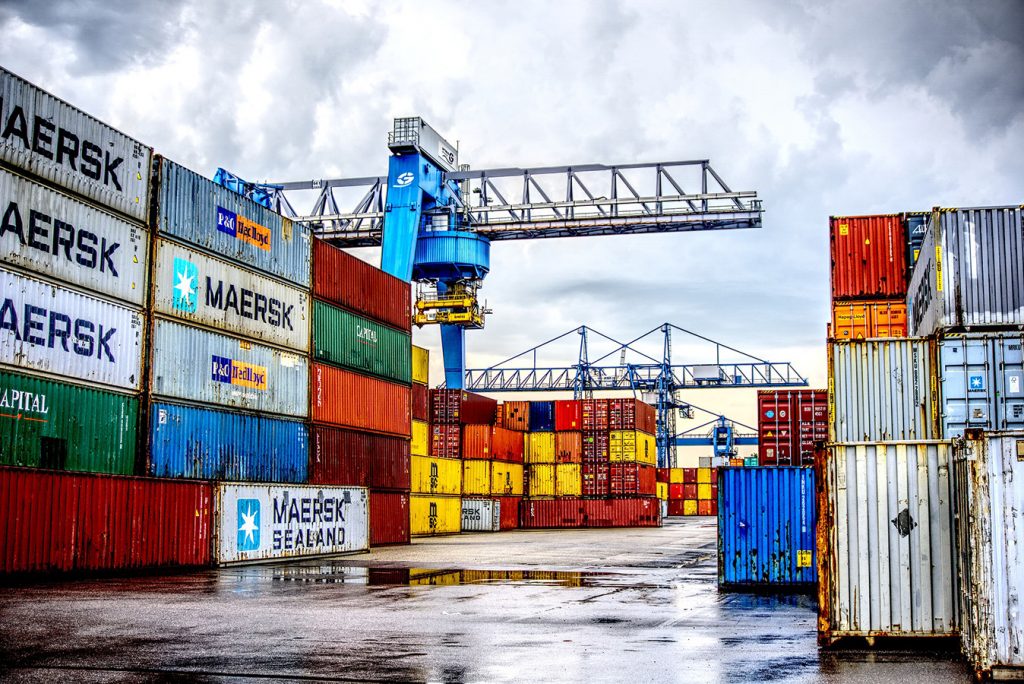Article
Smart Is The New Small
Digital transformation has been bringing sweeping changes across all industries. In shipping, the evolution has been progressive but slow. Ironic for an industry that has a key role in almost every industry in the global marketplace today. According to the International Maritime Organization (IMO), over 90% of the world’s trade is carried by sea. But the reality is the shipping industry has been experiencing the drag of slow growth hampered by great operational complexities, stiff competition, evolving cross-border challenges and shrinking margins.


